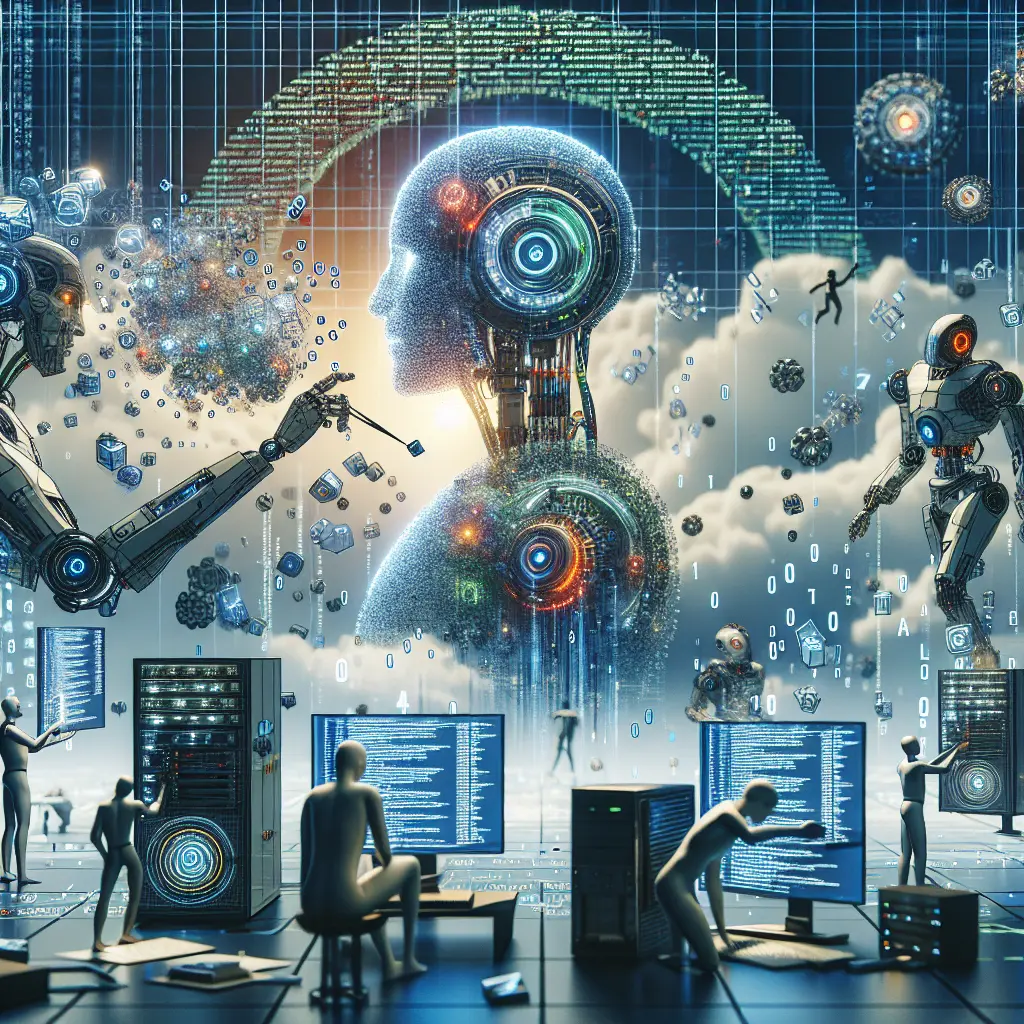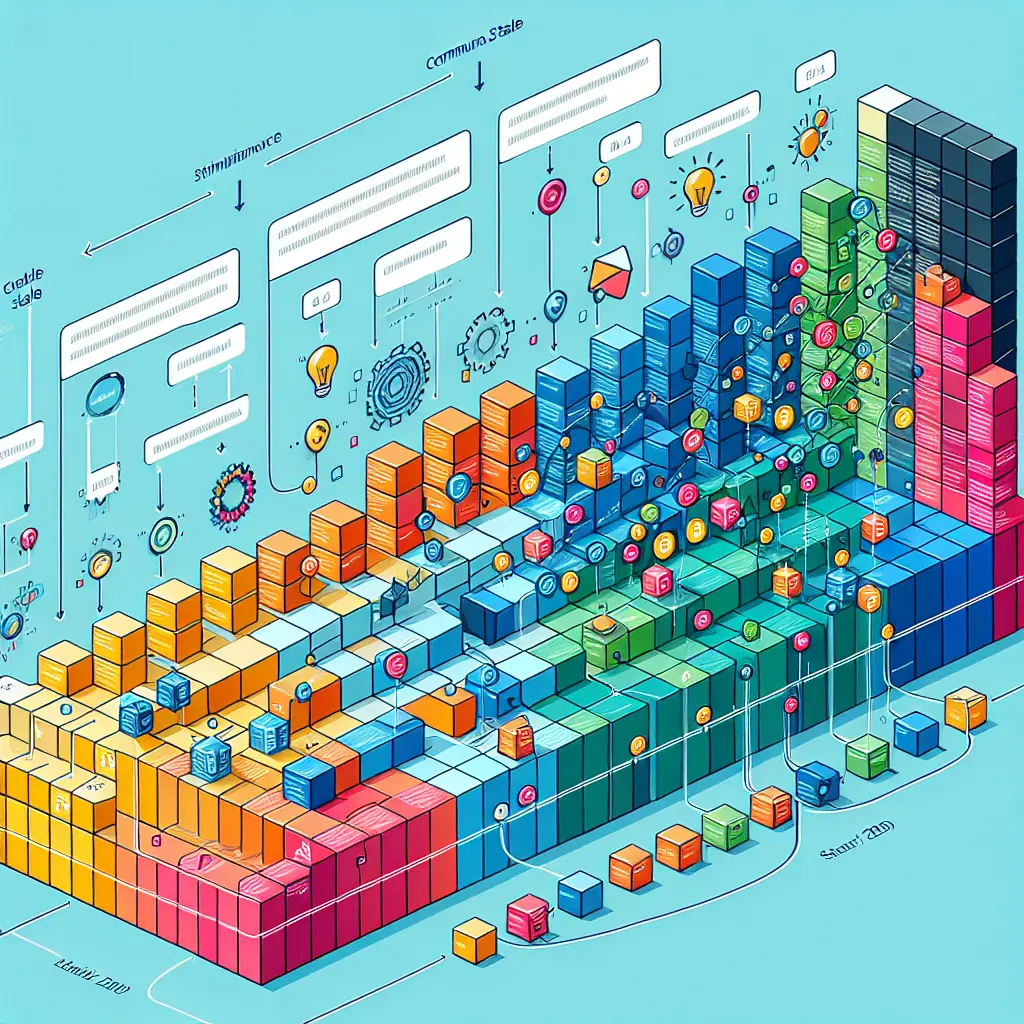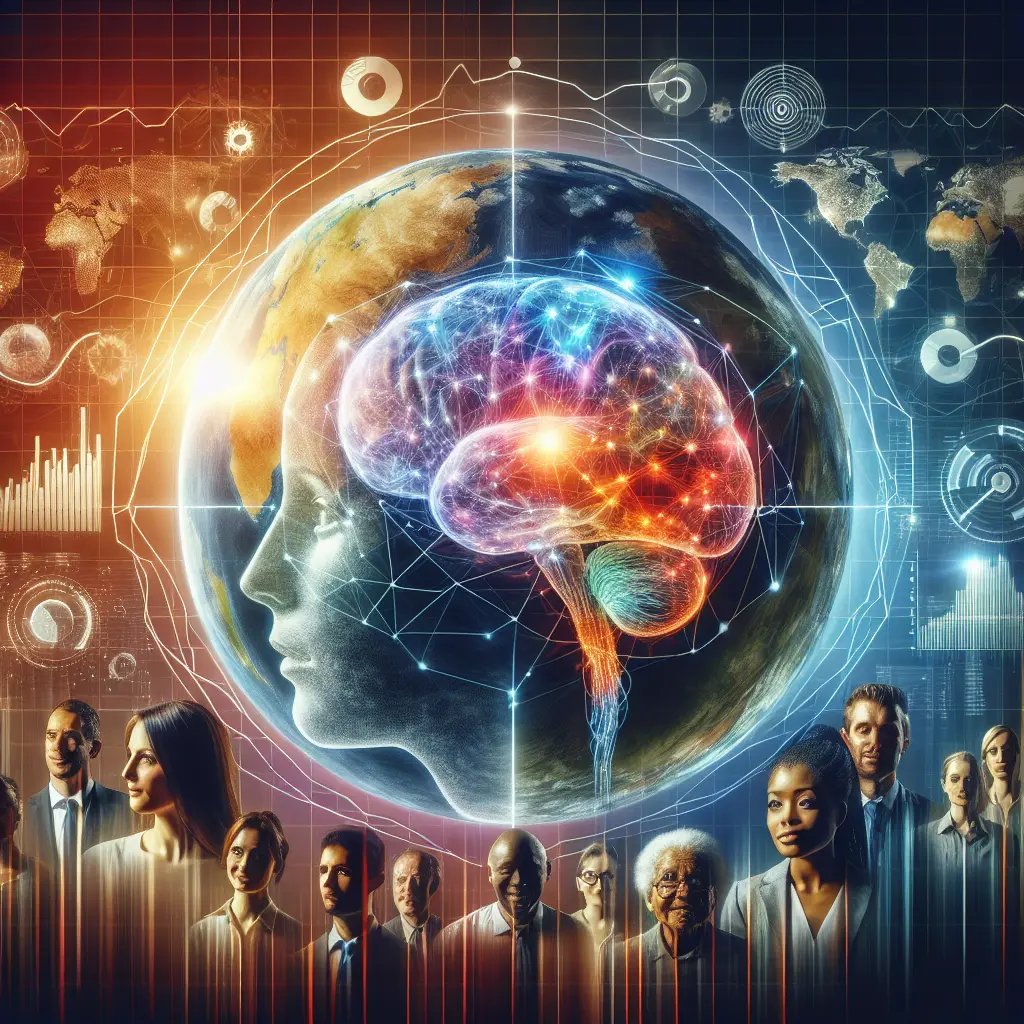In today's rapidly evolving technological landscape, open source software AI is emerging as a transformative force reshaping the future of artificial intelligence. As AI open source projects gain momentum, they are not only democratizing access to cutting-edge technology but also driving significant economic impact open source AI has on the global market.
Open source AI trends highlight a collaborative approach that fosters innovation, allowing developers worldwide to contribute to AI development open source initiatives. This collaboration within the open source community AI is fueling unprecedented advancements and creating economic advantages open source software provides by reducing costs and accelerating innovation.
The benefits of open source in AI extend beyond cost-effective AI solutions open source offers; they also promote transparency and flexibility, which are crucial in navigating the future of AI technology open source.
Open source AI platforms are becoming essential tools for researchers and developers, enabling them to push the boundaries of what's possible in AI research open source.
Moreover, AI innovation open source thrives through the diverse perspectives and expertise contributed by a global network of developers.
Open Source AI: A Catalyst for Innovation
The surge of AI open source projects has democratized access to powerful AI tools and frameworks, enabling developers from across the globe to contribute to and benefit from cutting-edge technology. A notable example is the deep transfer graph convolutional network discussed in a recent study published on PLOS Computational Biology. This research highlights how open source methodologies are integral to integrating complex single-cell omics data, showcasing the intersection of AI with biological sciences.
Similarly, Amazon Web Services has unveiled its multi-agent collaboration framework on Amazon Bedrock. This initiative exemplifies how AI development open source can facilitate complex problem-solving through collective intelligence, reinforcing the economic advantages open source software provides by reducing development costs and fostering rapid innovation.
The economic impact open source AI has on global markets is profound, as it creates new opportunities and business models. A study by Research and Markets emphasizes the growth potential of software-defined automation (SDA) in manufacturing (source: GlobeNewswire).
Furthermore, the SEC's focus on transparency in AI-related disclosures (Harvard Law School) underlines the importance of honest communication about AI's role in business operations.
Collaborative Ecosystem and Licensing
Open source AI trends reveal a collaborative ecosystem where developers collectively push the boundaries of innovation. The acquisition of Neural Magic by Red Hat (ZDNet) is a testament to how organizations are leveraging open source frameworks to optimize AI solutions.
AI open source licensing plays a crucial role in this ecosystem, as it dictates how software can be used, modified, and shared. Licensing models such as Apache 2.0 and MIT have become pivotal in ensuring that innovations remain accessible while protecting intellectual property rights.
As we look towards the future of open source AI, it is clear that this approach will continue to play a pivotal role in driving innovation, economic growth, and collaboration across industries.
In conclusion, the future of open source AI is undeniably promising, characterized by collaboration, innovation, and economic impact.
Catalyst for Innovation: Open source AI projects democratize access to cutting-edge tools, fostering global collaboration and breakthroughs in fields like biological sciences.







Leave a Comment